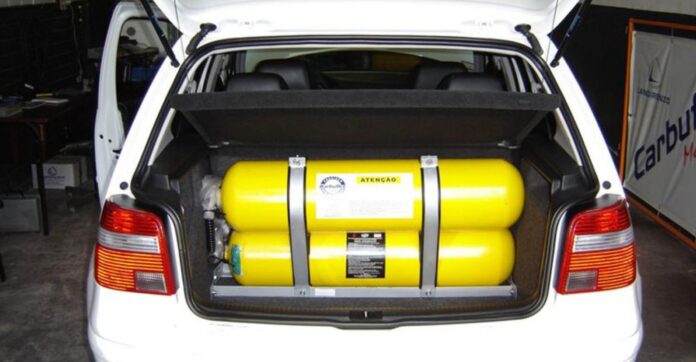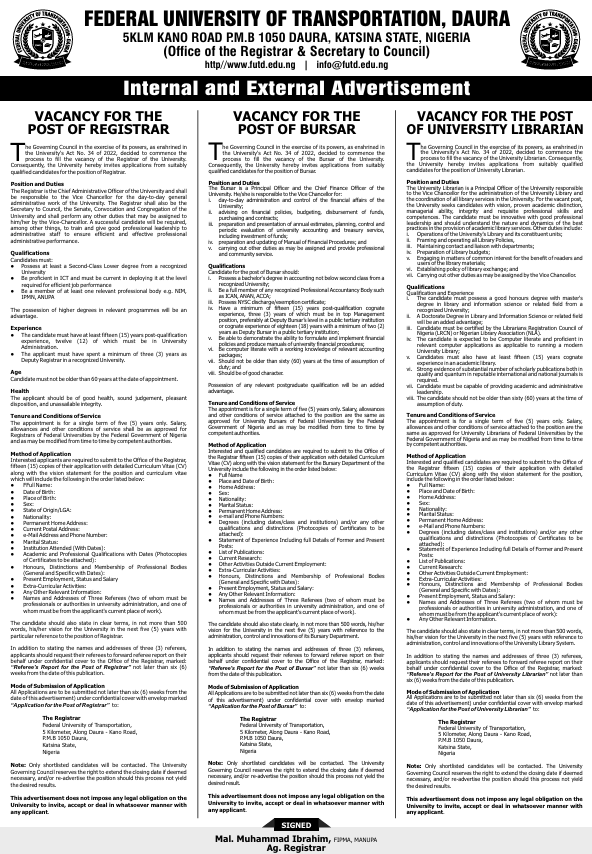The Department of Petroleum Resources (DPR), has said that Nigeria’s gas reserve will increase to 230 trillion cubic feet by 2030.
According to DPR, it plans to work with the Nigerian National Petroleum Corporation (NNPC) in adding 14 billion barrels to existing 36.9 billion crude oil reserves.
Speaking during a courtesy visit by the Group Managing Director of NNPC, Mele Kyari, Director of DPR, Sarki Auwalu said field analysis already showed that the country would prove new oil and gas finds.
In fact, under oil industry classification of P1, P2 and P3, with P1 being the most actual and recoverable, while P2 provides 50 per cent and P3 offering only 10 per cent challenges, Auwalu said most of the fields are in the region of P2 and some in P3.
“We realised that over 68 tcf are in P3 and 75 per cent of it exists in P2 area, which is the production area. So there are several possibilities that this volume will be proven and we can increase and hit 230 TCF before 2030.
“For oil, we have discovered P3 reserves in the P2 area of about 18 billion barrels and 75 per cent of this 18 billion barrels exist in the P2 production area. So the potential for us to increase about 14 billion barrels is there, and we are ready to declare this full increase to our own reserves,” Auwalu said.
The Director applauded the efforts being made by Kyari, adding that the profit declaration by the corporation signals that more investment would come to the sector.
He believes that projects such as the Train 7 gas project, the OB3 project, the Ajaokuta-Kaduna-Kano (AKK) project, Petroleum Industry Act (PIA) would change the investment outlook in the sector.
Commending the NNPC, Auwalu said: “We are so proud of it and we put our head very high in the comity of nations that our biggest corporation in Nigeria is no longer the way it was being seen, because of the man that came to say it is not business as usual but business unusual.
On his part, the GMD of NNPC, Kyari disclosed that economic break-even in the country relies on the activities of NNPC and DPR, adding that there would be no excuse for poor performance under the PIA.
He said: “Supply and demand is everything. Today, this country is struggling with supply of gas. We are having difficulty filling our network across the country with gas. Everyday, it is troublesome to deliver gas. That means that once your supply is weak, it will affect prices.
According to him, the supply mechanism for gas in the country, especially LPG is weak, adding, “That is why we are collaborating extensively to extract value from our gas resources and make it available to the market.”
“Once supply becomes high, you will definitely know that prices will be captured by the development. Gas is an internationally priced commodity. Despite this , supply and demand affect pricing. What we are doing collectively with the DPR and other agencies of government is to ensure that we deliver more gas into the domestic market,” he explained.













